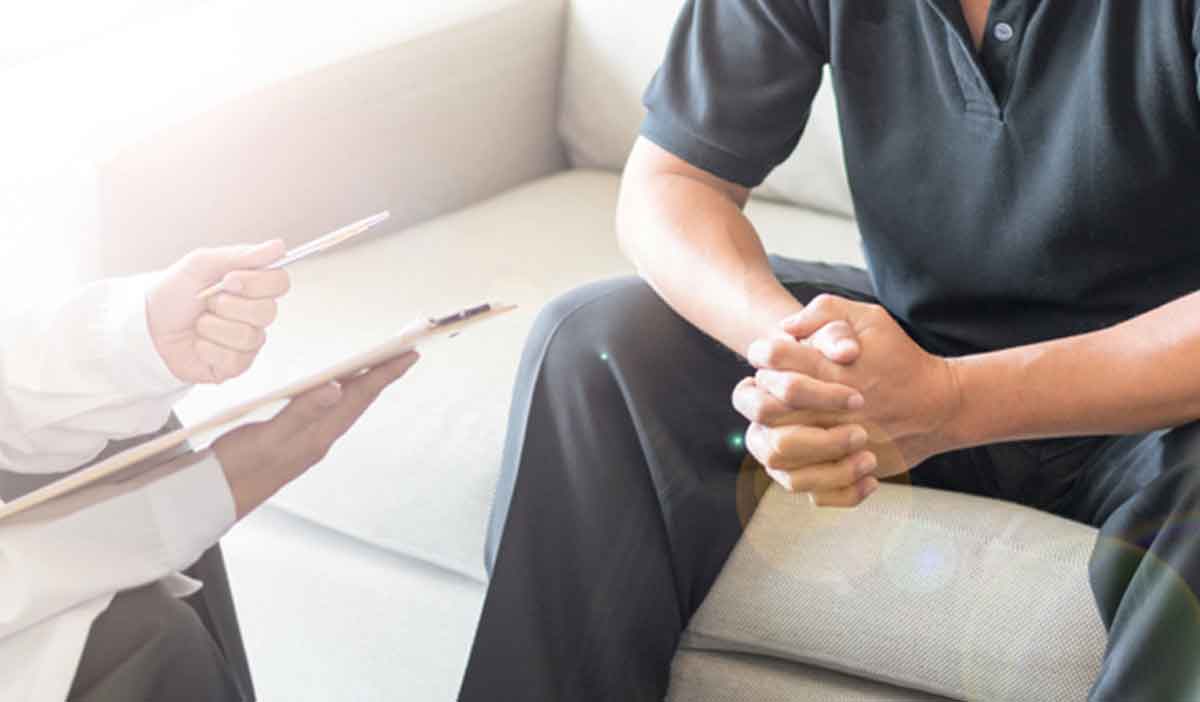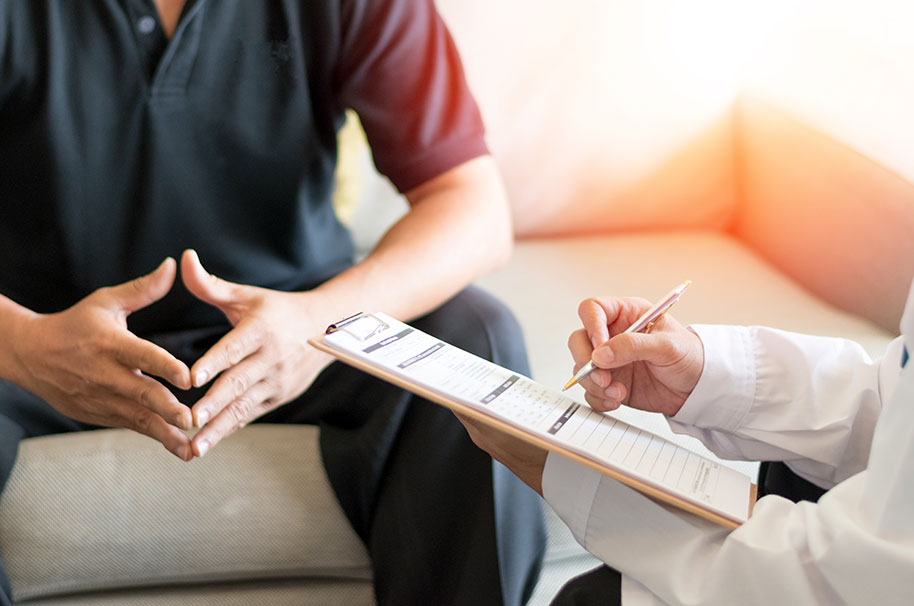Kidney stones are hard deposits of salt and minerals containing calcium or uric acid developed in your kidneys. From there, the stones travel to other parts of your urinary tract, causing what many patients describe as excruciating pain when they pass.
Stones can vary in sizes. Some kidney stones are a fraction of an inch in diameter while others can grow to be a few inches across. In the most extreme cases, kidney stones can be large enough to take up your entire kidney.

If you have never had a kidney stone before, it can be difficult to know what is causing you discomfort. While one of the most common symptoms is pain in your back or side, there are several other symptoms that can indicate you might be suffering from a kidney stone.
Signs and symptoms
1. Pain during urination
Pain while urinating, known as dysuria, is a common symptom for patients with urinary tract infections, as well as those who have kidney stones, and sometimes kidney stones and urinary tract infections go hand-in-hand.
The best way to determine what is causing you pain during urination is to talking to your primary care provider.
2. Frequent urination
As your kidney stone moves to the lower part of your urinary tract, you may feel like using the bathroom more often. Even though you may feel the need to go frequently, you may not be able to produce enough urine to go. That’s because kidney stones can start to block your flow of urine.
3. Bloody, cloudy, or foul-smelling urine
These symptoms can indicate there is an infection present. Depending on the size of the stone and the difficulty your body has passing it, you may not have these symptoms. If you do notice blood, cloudiness, or a smell in your urine, talk to your provider about testing for infection.
4. Nausea and vomiting
As a kidney stone moves through your body, it can affect your gastrointestinal tract, giving you an upset stomach. In most cases, however, nausea and vomiting may simply be your body’s reaction to the pain.
5. Fever and chills
If you are suffering from a fever and experiencing chills, an infection caused by your kidney stone likely is present in either your kidney or urinary tract. Seek immediate medical attention if your fever is accompanied by severe pain.
Preventing kidney stones
If you have experienced a kidney stone before, your chances for getting another one with the next few years increases by 50%, according to the National Kidney Foundation.
The best form of protection against kidney stones is prevention. Making small adjustments to your lifestyle can go a long way. Some ways to prevent kidney stones include:
- Staying hydrated
- Eating less sodium
- Consuming more calcium-rich foods
- Avoiding or eating less oxalate-rich foods
- Talking to your doctor about preventative medications
- Trying herbal remedies
Learn more about kidney stones »
What to do when a kidney stone strikes
If prevention methods have failed and you started experiencing the symptoms of a kidney stone, call your primary care provider.
While most stones can pass on their own, some are large enough to require surgery for removal. The best way to know is by talking with your doctor. Stay ahead of infection and other possible complications by seeking medical attention promptly.
When suffering from kidney stones, urinary infections, or other related issues, look no further than Logansport Memorial Hospital for your urology care.
Our board-certified urologist, Dr. Stephen Beck, can provide you with the highest-level of quality care, close to home.
You might also like:




